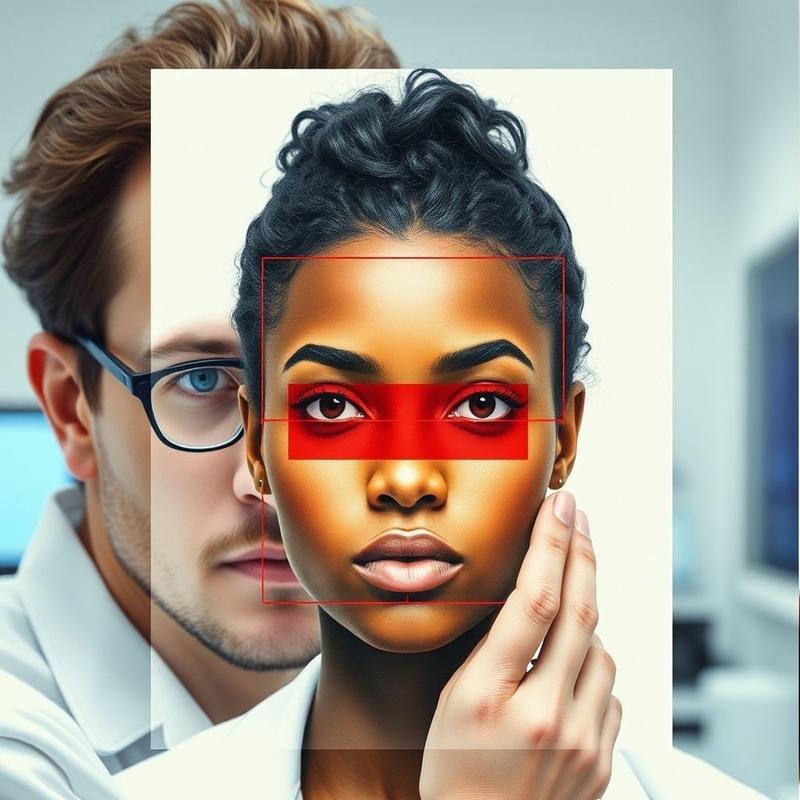Are You Subject to Technological Influence? Unveiling Data Privacy Concerns.

Tech Influence & Data Privacy: Are We Truly Free?
In this digital age, a critical question arises: are we truly autonomous in our decision-making, or are we subtly influenced by pervasive technology? Algorithms and persuasive design are increasingly shaping our perceptions, often operating below the threshold of conscious awareness. This raises concerns about the potential for individuals to be reduced to mere data points, subject to manipulation by unseen code.
The Algorithm’s Invisible Hand
Our online activity, including every click and scroll, is meticulously tracked. Social media algorithms, optimized for user engagement, exploit cognitive biases, such as confirmation bias, reinforcing pre-existing beliefs and fostering echo chambers that limit exposure to diverse perspectives.
Persuasive Design and Social Validation
Persuasive design, a core element of user experience, leverages psychological principles; the “like” button, for instance, taps into our inherent need for social validation. Research indicates that users spend an average of 147 minutes daily on social media platforms, constantly exposed to targeted advertising and curated content.
Data Breaches and Algorithmic Bias
The Cambridge Analytica scandal, involving the unauthorized harvesting of data from 87 million Facebook users, underscored the potential risks associated with unchecked data collection. Algorithmic bias, frequently unintentional, can perpetuate societal inequalities, as demonstrated by the disproportionately higher error rates of facial recognition software when used on individuals of color.
Surveillance Capitalism and Cognitive Sovereignty
Shoshana Zuboff, in her influential work, The Age of Surveillance Capitalism, posits that our data is being leveraged to predict and ultimately modify our behavior, effectively transforming us into predictable commodities. Considering the human brain’s significantly faster processing of visual information compared to text, how can we reclaim our cognitive sovereignty?
Reclaiming Cognitive Freedom
Strategies include cultivating mindful online habits, actively seeking out diverse viewpoints, and critically evaluating the information we consume. It is crucial to recognize that algorithms are not neutral entities; they are designed with specific objectives in mind. Furthermore, it is essential to distinguish between authentic connection and manipulative design.
Ultimately, the power to shape one’s own reality resides within the individual. Will you choose to exercise it? Subscribe to learn more about navigating the digital landscape and reclaiming cognitive freedom.










